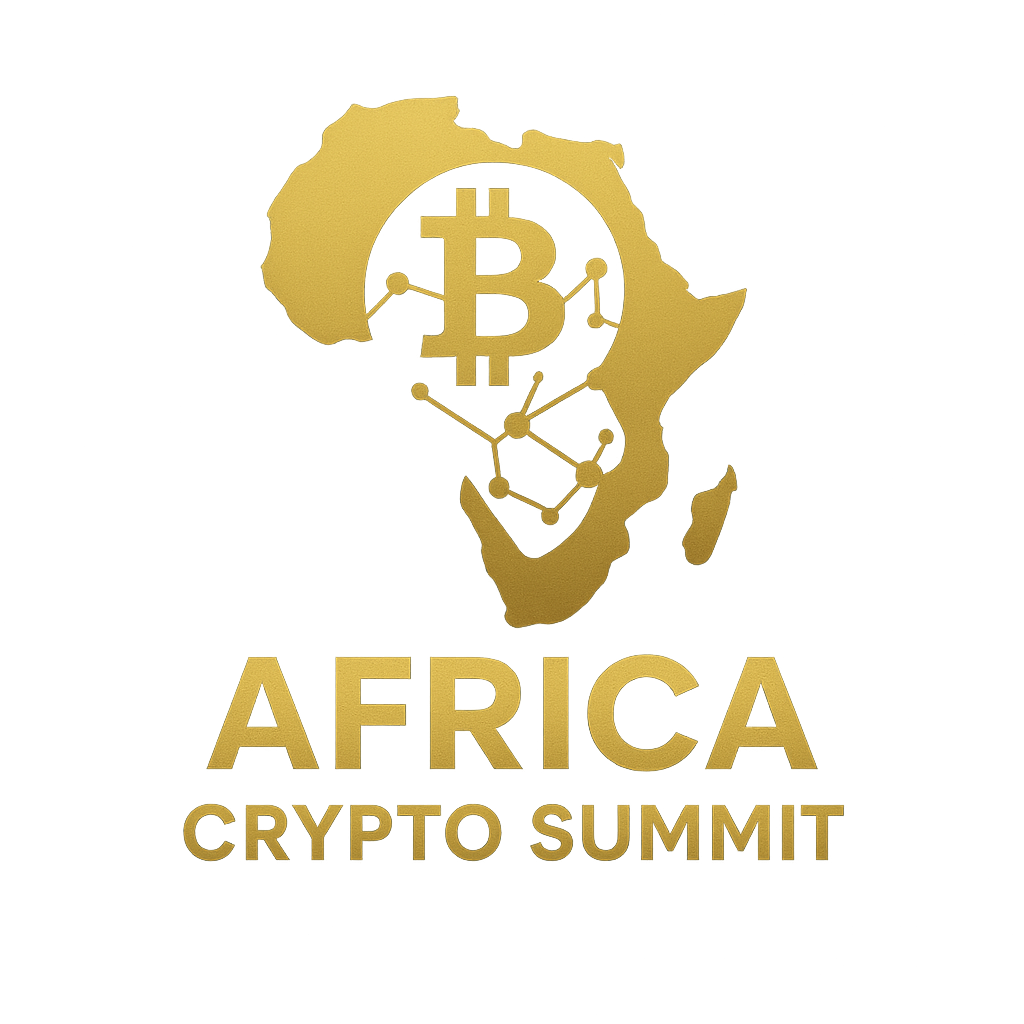
Blockchain Development 1 on 1
Topic: Blockchain Development 1 on 1: Building the Next Wave of African Innovators
While discussions about markets and adoption are crucial, the true engine of the Web3 revolution is code. The “Blockchain Development 1 on 1” session is designed to be the cornerstone for builders, a practical and immersive deep dive into the technical foundation required to create the transformative African dApps (decentralized applications) of tomorrow.
This isn’t just a theoretical overview; it’s a hands-on, developer-centric initiative focused on equipping African talent with the skills to build solutions for African problems.
Why This Session is Critical for Africa’s Crypto Future
Africa boasts a massive, young, and rapidly growing population of software developers. However, the leap from Web2 to Web3 development involves a paradigm shift in thinking and a new set of tools. This session addresses that gap head-on by:
Demystifying Core Concepts: Moving beyond buzzwords to a practical understanding of cryptography, consensus mechanisms, and smart contract design.
Fostering Local Talent: Ensuring that the next generation of groundbreaking protocols are built by Africans, for Africa, rather than simply being imported.
Creating Economic Opportunity: Blockchain development is a high-value skill in global demand. This session aims to create a new class of tech entrepreneurs and highly sought-after engineers.
Session Structure: From Fundamentals to Deployment
The “1 on 1” format suggests an intensive, focused, and interactive experience. Here’s a breakdown of what it will cover:
Module 1: The Foundation – How Blockchains Work Under the Hood
Beyond the Hype: What a blockchain actually is—a distributed, immutable database.
Cryptography Primer: Public/Private keys, hashing, and digital signatures. The math that enables trustlessness.
Consensus in Context: Proof-of-Work (PoW) vs. Proof-of-Stake (PoS) and other models. Why energy-efficient PoS and its variants are critical for sustainable development in regions with energy challenges.
The Anatomy of a Transaction: What really happens when you send crypto or interact with a smart contract?
Module 2: Smart Contract Development – The Heart of dApps
Introduction to Solidity: The dominant programming language for Ethereum and Ethereum Virtual Machine (EVM)-compatible chains (Polygon, Binance Smart Chain, etc.).
Hands-On Workshop: Writing your first smart contract. We’ll start simple: a “Hello World” contract, then a basic token, and finally a multisignature wallet or a simple escrow system relevant to African commerce.
Key Concepts: State variables, functions, modifiers, events, and error handling.
Security Best Practices: This is non-negotiable. We will emphasize common vulnerabilities (reentrancy attacks, overflow/underflow) and how to avoid them from day one. Secure code is efficient code.
Module 3: The Full Stack dApp – Connecting to the Front End
Interacting with the Blockchain: How does a website talk to a smart contract? Introduction to Web3.js and Ethers.js libraries.
Setting up a Development Environment: Tools of the trade: Remix IDE, Hardhat, Truffle, and Ganache for local testing.
Building a React Front-end: Creating a simple user interface that allows users to read from and write to your deployed smart contract.
Wallet Integration: The crucial step of connecting users’ wallets (like MetaMask, Trust Wallet) to your dApp.
Module 4: Choosing the Right Platform & Scaling for Africa
The Multi-Chain Reality: An unbiased look at the platforms most relevant for African development:
Ethereum: The pioneer. High security, but high gas fees. Best for high-value transactions.
Layer 2s (Polygon, Arbitrum, Optimism): Offering Ethereum’s security with drastically lower fees and higher speed. A prime candidate for mass adoption.
Other EVM Chains (BNB Chain, Celo): Celo, in particular, is designed for mobile-first use and financial inclusion, making it a key platform for African devs.
Non-EVM Chains (Solana, Algorand): Offering high throughput and ultra-low costs. Exploring their trade-offs and developer ecosystems.
The Scalability Imperative: Solutions must be built to scale for millions of users without prohibitive costs.
Focus on Real-World African Use Cases
Throughout the session, learning will be grounded in building projects that address local needs:
Building a Transparent Supply Chain dApp: Track the journey of agricultural goods from farm to market, ensuring fair prices for farmers.
Creating a Community Savings Pool (ESUSU/Stokvel on Blockchain): Develop a smart contract for a rotating savings and credit association (ROSCA) that is transparent, trustless, and automated.
Developing a Land Registry Prototype: Exploring how to create an immutable, transparent record of property ownership to reduce fraud.
A Remittance dApp Interface: Designing the front-end for a low-cost, crypto-based remittance service.
Who Should Attend?
Software developers and computer science students eager to enter the Web3 space.
Tech entrepreneurs with an idea for a blockchain-based solution.
Product managers and designers who want to understand the technical possibilities and constraints.
Anyone with a foundational coding background looking to pivot into a high-growth field.
Conclusion: You Build It
The future of Africa’s digital economy will not be built by abstract forces; it will be built by lines of code written by dedicated developers. This “Blockchain Development 1 on 1” session is a call to action. It’s an investment in the most valuable resource Africa has: its people.
Join us to move from being a user of technology to a creator of it. Let’s code the future, together.


